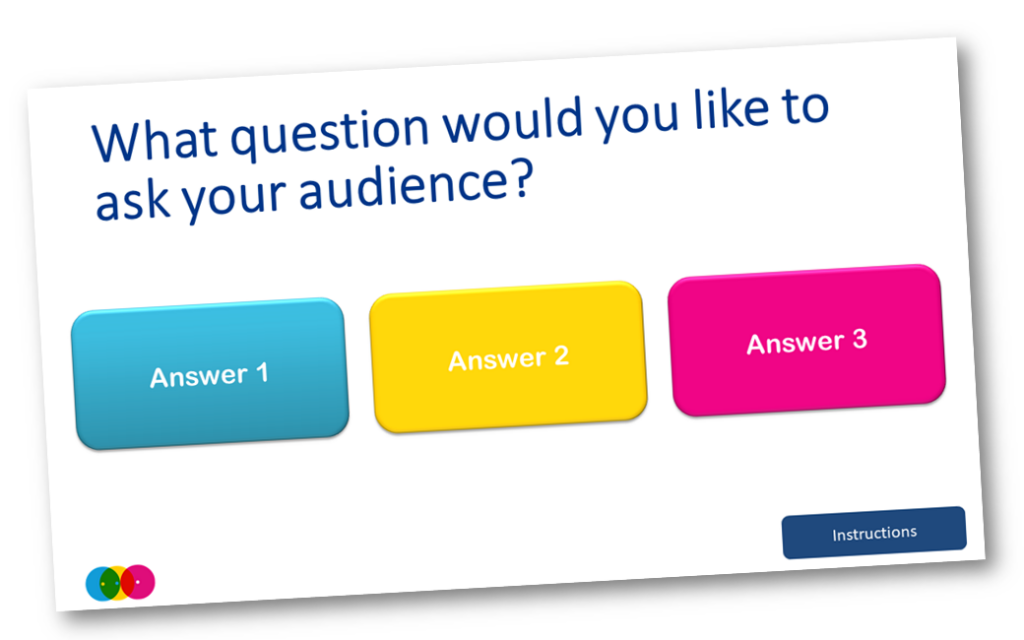I love games. I love spending an evening with friends or family playing board games. But what I like even more is how useful games are in a learning environment.
It makes the learning fun and, more importantly, it makes the learning stick. Research tells us that social games return better results on learning performance (de Marcos, Garcia-Lopez & Garcia-Cabot, 2016). In an online environment there are extra benefits of using games to learn.
Because of the many distractions we face when working and training online, it helps us to stay focused. And because of the frustration many of us experience sometimes with the technology, it helps us find the joy. Two things that are essential for an effective learning environment.
“Think of what the online environment can ADD instead of take away from the experience”
Usually we see online training or online meeting as a cost-effective second best option. We prefer to meet face-to-face, but find that the option to work or train online is much more time and cost efficient. That makes us look at the online classroom as a second best and we often think about how we can compensate that loss.
When we start looking at what the online environment can ADD to the experience, we start making a difference. And when you think about online and developing games, there are many advantages possible! We all look at the same screen, we can make use of moving images and sounds to add to the experience and all of our participants can sit as close to screen.
Over the years I have learnt that creating games doesn’t have to be that difficult. I admit that I find a lot of joy myself in creating a complex and sophisticated game. The more components you add, the more challenging and engaging participants will experience it, and the deeper the learning.
But it doesn’t always have to be complex to have an effect on the learning experience. In fact, according to Malone (1981), the most important component in a game is to have a challenging goal. To be challenging, it must provide goals whose attainment is uncertain.
A very easy and quick example of a game with a challenging goal whose attainment is uncertain is a puzzle.
Having a common goal is one of the reasons why games can also increase cohesion within the team. And with cooperative games, where teams have both a common goal and a common enemy, this effect is even larger.
Also according to Malone, there are different elements that determine how much fun a game is.
Elements like curiosity, fantasy, feedback (knowing how well you are doing), and giving people choice can add to the experience. One game we like to play in the online classroom is a treasure hunt. This works especially well within an online evironment because we can use beautiful pictures to add to the curiosity, the fantasy and basically the fun.
Our own Wheel of Fortune is another one of my favourites. With a turning wheel and sounds to accompany it, people quickly get into a competitive and engaging mood and we can use any topic we want tob ring across.
My tip would be: Start easy. Click here to download from our website an example of how the simple hyperlink tool in powerpoint can create a playful aspect in your exercise. If you are interested in more complex games that work well online, don’t hesitate to contact us at info@nomadicibp.com.
R. Kark (2011) says: “If it is enacted in a way that involves enjoyment, centers on the process or means, and the measurable outcomes are suspended, individuals are likely to experience a behavioural orientation to ‘play’.”
For more information on the virtual programmes that Nomadic IBP has to offer visit our website.

Lies is an organizational psychologist with a focus on positive psychology. She has worked as a commercial manager for many years in an international environment before she took a deep dive into psychology. Now she combines her experience having worked as a manager herself and her knowledge of positive psychology research to help organizations grow and flourish. Lies is a specialist in the virtual classroom and is a highly experienced online producer, designer and facilitator. Click on the LinkedIn icon for a more detailed biography.



